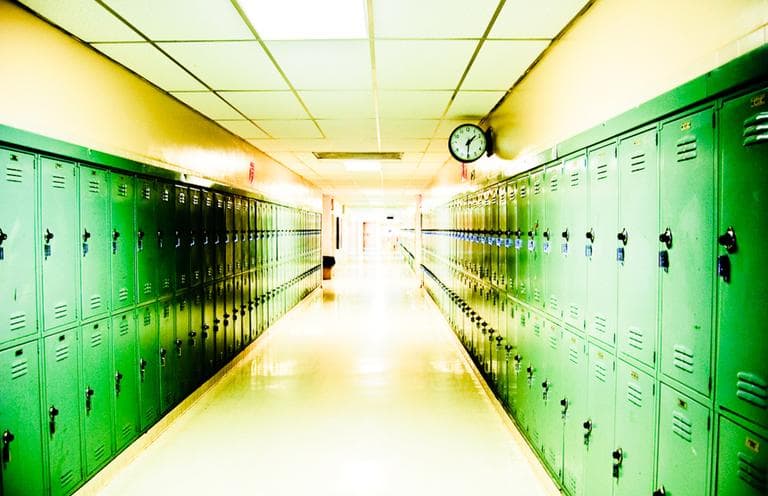Advertisement
Does Bullying Serve A Purpose?
Resume
Bullying is considered a destructive and aggressive behavior. But does it serve a purpose?
According to psychology professor Elizabeth Englander, who is director of the Massachusetts Aggression Reduction Center at Bridgewater State College in Massachusetts, bullying, especially in childhood, is a way to gain social capital.
"If you seem fearless, if you seem tough, you can up your social status pretty quickly," Englander tells Here & Now's Jeremy Hobson. "It's pretty tempting for kids to try it out."
Interview Highlights: Elizabeth Englander
On why kids bully
"Bullying among children today is about social status, and it is about feeling psychologically on top. So it's a really strong motivator in a lot of ways. If you can swallow being mean to somebody, you can up your social status and become more popular and seem more confident or funny."
"I do think kids can grow up and grow out of these behaviors, although they don't all. I think what stops people [from bullying as they grow older] is the appreciation of the impact they are having on other people ... their maturity helps them see other person's point of view, or they are really good at being empathic."
On why cyberbullying is different than face-to-face bullying
"When the person is not in front of you, you become much more self-focused. So you're not thinking, 'How will this impact this person?' Instead you're thinking, 'How do I look when I post this? Do I look clever, do I look funny, do I look popular?' They are going after their own self-image. Because the other person is not in front of them, it's really easy to forget the impact."
"It's really important for kids to understand that when you're in a technological environment, how you perceive things changes. So you may be a lot more self-focused, they need to understand that. They need to understand that emotions can escalate in a technological environment, and be aware of that, be conscious of it.
"Once kids become more aware of all of these elements, then hopefully, at least a lot of them, are going to practice technological use in a way that's a lot safer."
Guest
- Elizabeth Englander, director of the Massachusetts Aggression Reduction Center. Her new book is "Bullying and Cyberbullying: What Every Educator Needs to Know."
This segment aired on November 18, 2013.